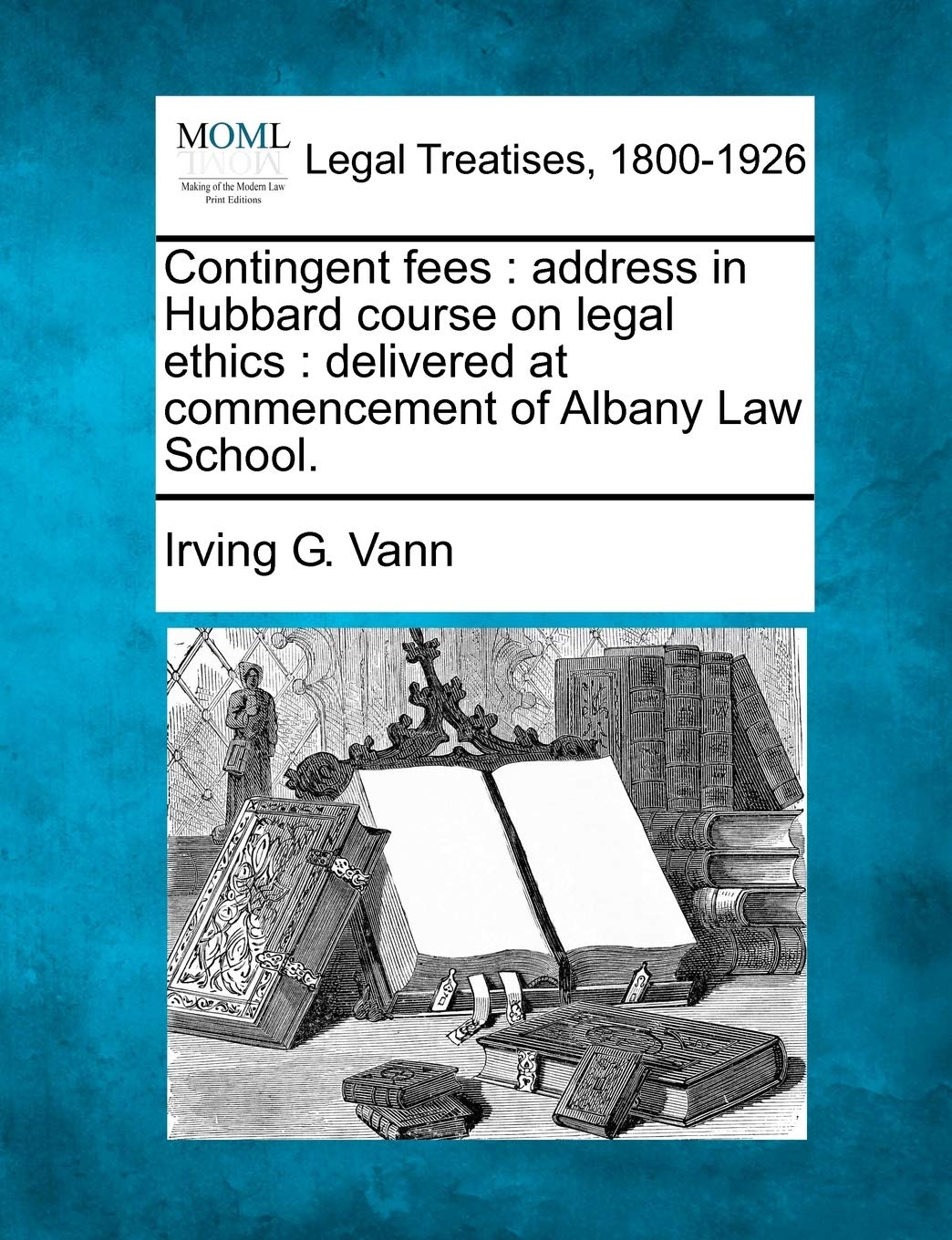
You're not the only person who's ever wondered about what happens if someone is released from jail and they flee. Many people are surprised to find out that they are potentially liable for criminal acts if they bail out someone they know. Depending on the situation, you may be liable for any damage the person causes others. There are several things you can do to avoid civil liability.
Legal responsibility for bailing someone outside of jail
Although bailing someone out from jail doesn't create any legal obligations it can have many emotional repercussions. You may be responsible for paying the bail money, and you may also be held responsible for encouraging the person to make good decisions. You could end up in a financial bind if the person doesn't come to court or runs away. If you bail out someone who is running away, here are some important legal details that you should know.

You must pay the indemnitor in addition to the bail amount. The bail indemnitor is responsible in most cases for making sure that the defendant appears on court dates. The bail agency must hire a fugitive recover agent to track the person down and bring him back to court. In some cases, however, the indemnitor might have to pay more than the bail amount.
There are risks associated with using collateral to secure bonds
The use of collateral to secure bonds comes with a few potential risks. The collateral must not have a significant negative correlation to the counterparty’s credit quality. In other words, the collateral cannot provide much protection if the counterparty defaults. In the event that a counterparty defaults, the lender should have a strong process for liquidating collateral. It must also separate collateral from the lender’s own assets.
Even though collateral has some risks, they are worth the low interest rates in the long term. Borrowers are able to borrow more money and have better short-term liquidity by using collateral. This type is especially appealing for those with hard assets like realty. Collateral loans can be risky. There are three types.
Bail bond violations can have severe consequences
When a defendant fails to appear before a judge and is ordered to stay away from the courthouse until their trial, it is called a violation of bail bond. Failure to appear results in the forfeiture of the bond. The defendant can be convicted in a new or different way of a crime, class A misdemeanor, or a new category of felony. Even if it isn't intentional the violation can lead to forfeiture of bond money.

A bail bond is often a condition for a person's appearance before a court. Bail bonds usually have restrictions. These include the inability to speak with the victim and attending a court hearing. You could be sentenced to jail for violating your bail bond.
FAQ
What is a "pro bono" lawyer?
Pro bono lawyers are those who provide legal services at no cost to people who can't afford them. These lawyers are often part-time lawyers, but they also work on their own. Pro bono work can range from helping out elderly clients with estate planning issues to representing indigent defendants.
How much should I pay for a lawyer's services?
You should ask yourself what information you require from your lawyer when you hire him/her. Expect to pay between $1,000 and $2,500 an hour. Many people don't realize the amount of time that is required to research the options, prepare paperwork and meet with a lawyer. You may believe you're only paying for the lawyer's advice.
Consider whether you wish to retain the attorney full-time, part-time, or both. Hourly rates are common for full-time lawyers. Part-time lawyers generally bill by the project. It is a good idea to hire a part-time attorney if you only need their assistance once or twice each year. If you require ongoing support, however, you should consider a full-time attorney.
You should also consider whether you prefer to hire a solo practitioner or a firm. Solo practitioners usually charge lower hourly rates than firms, but they often lack the resources to provide effective representation. Firms have more experience and better expertise. They also have greater access to the resources.
The cost of malpractice insurance should be considered. Some states require that all lawyers have professional liability insurance. Others do not. To find out which insurance companies are available in your region, check with your state bar association.
Can I become a lawyer without going to law school?
Yes, you can!
It is enough to have a degree from a university that does not teach law if you have an excellent understanding of the legal system. You will need to know how laws work together and why they are different.
You must know how to read and interpret statutes, regulations, court decisions, and case law. You should understand the basic concepts of constitutional law, administrative law, contract law, property law, criminal law, civil procedure, evidence, torts, bankruptcy, intellectual property, and employment law.
To practice law, you need to pass the bar exam. The bar examination tests your knowledge of law and your ability apply the law in real-life scenarios. It's a test of your general knowledge of the law and of your ability to analyze cases and write briefs.
The oral and written sections of the bar exam are split into two sections. The written part consists of multiple choice questions. Simulated trials are the oral part. You must study for the bar exam for at least six months before you can take a qualifying exam.
You will need to pass the bar exam and be admitted to the state in which you want to practice law. The requirements for admission vary by jurisdiction. Check with the State Bar Association to find out more.
Statistics
- Though the BLS predicts that growth in employment for lawyers will continue at six percent through 2024, that growth may not be enough to provide jobs for all graduating law school students. (rasmussen.edu)
- According to a 2019 Robert Half Legal Consulting Solutions survey, 54% of law firms were planning to expand their legal teams. (stfrancislaw.com)
- According to the Law School Admission Council, the number of people applying for these programs was up 13% last fall. (stfrancislaw.com)
- The nationwide number of first-year students enrolling last fall increased by almost 12%, according to recent data by the American Bar Association. (stfrancislaw.com)
- The median annual salary for lawyers in 2016 was $118,160, according to the U.S. Bureau of Labor Statistics (BLS). (rasmussen.edu)
External Links
How To
How to make a will with a lawyer
A will is an important legal document determining who gets what after you die. It contains instructions about how to pay debts and other financial obligations.
A solicitor (lawyer), should draft a will and have it signed by two witnesses. You have the option to opt not to create a will if everything is to be left to someone else, with no restrictions on how they spend it. This can cause problems later, if you are unable or unwilling to consent to medical treatment.
If you do not have a will, the state will appoint trustees to manage your estate until you die. This includes paying all your debts off and giving away any property. If there is no will, the trustees will sell your house and distribute the proceeds among your beneficiaries. Administrators of your estate will be charged a fee.
There are three main reasons why you need to draw up a will. Firstly, it protects your loved ones against being left penniless. It protects your loved ones from being left without a will. It also makes it easier to designate an executor (person who will carry out your wishes).
To discuss your options, the first step is to reach out to a solicitor. The cost of a will depends on whether you're single, married, or widowed. In addition to writing a will, solicitors can advise you on other matters such as:
-
Give gifts to your family
-
Choosing guardians for children
-
Paying off loans
-
Managing your affairs while you are alive
-
Avoid probate
-
How to avoid capital gains taxes when you sell assets
-
What happens to your property if you are unable to sell it before you die?
-
Who pays funeral costs
Either write the will yourself, or have a relative or friend help you. Remember, however, that if you sign a will at the request of another person, you cannot change it afterward.